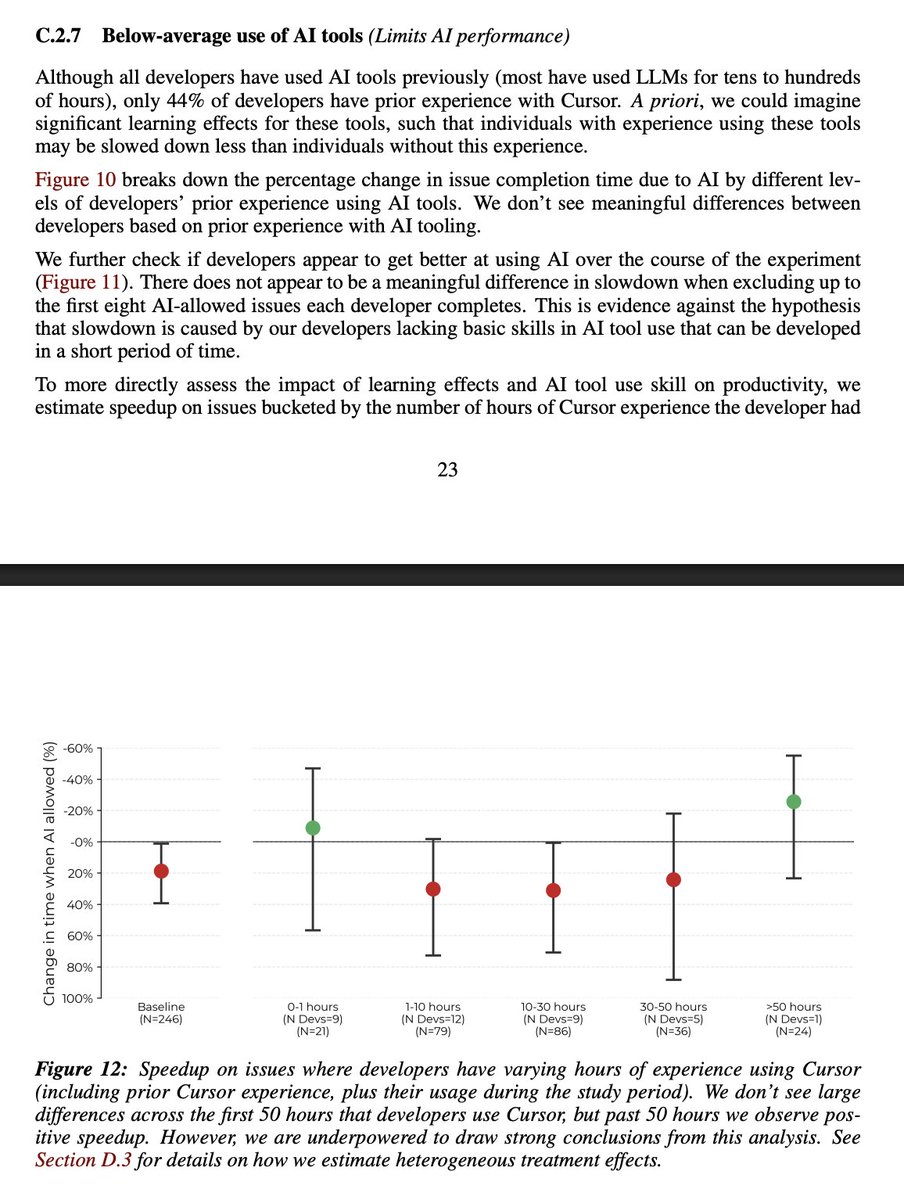Google exists bc of a grand bargain: scrape the open web, and profit from directing traffic to the best sites. Around
2010, the betrayal began. YouTube artificially ranked above other video, then over time maps results injected, shopping, flights, events. Now AI answers.
2010, the betrayal began. YouTube artificially ranked above other video, then over time maps results injected, shopping, flights, events. Now AI answers.
https://twitter.com/stretchedwiener/status/1948067637721760141
It’s funny-sad watching it because while Google makes billions in the short run, they’re systematically destroying the very foundations of their own business and have been for a decade. Google is cancer.
The walled gardens are *worse* than the open web. AOL lost for a reason. But the only businesses that can long-term survive operating on the internet must find some way to lock Google out. So the walled gardens return, under the new selective pressure. What waste.
Over time, of course, Google is systematically destroying its own competitive advantage. Eventually they will have deliberately and purposefully drained every drop of value from the open web, and the remaining services will be walled gardens. Search will be effectively dead.
(Apple is no better, they just do it by strangling the web itself and replacing it with “apps” they can tax to death instead. But Apple doesn’t rely on the open web for value, so it’s not suicidal in the same way)
And when search dies Google will finally have achieved its goal to become a late-stage portal, a “content business” like AOL or Yahoo. A mediocre version of everything you might want that people only used bc it was artificially jammed into their workflow.
But why keep using Google then? I already feel it, I no longer bother with Google for anything except the most trivial of queries. Bc if it can misunderstand me to direct me to its own results, it will.
Some day I expect even that will stop. “Search” will move to a tab, and “Answers” will be the primary interface. You will go to Google and type in the box and nary a SERP will be seen. Just endless slop.
There was another path. There still is, tho I expect Google is too far gone to take it. What if instead of treating Yelp like a sucker for trusting them, and systematically working to drain them dry, Google had made them a partner?
Instead of building a crap store-brand version, offer APIs to allow Yelp to integrate more deeply, allowing detailed results useful in-line and rendered into maps. Then start sharing revenue from the searches where Yelp results rank high, so they lean in.
In this world, instead of a vampire draining the life force from the open web Google becomes an irrigation system promoting it. The ultimate UGC platform: full websites and services as content.
But that would require thinking of the open web with gratitude, with love, with respect. Google decided in 2010 that people naive enough to let them scrape their businesses were suckers, and people dependent enough they couldn’t leave were cattle. A tragedy.
• • •
Missing some Tweet in this thread? You can try to
force a refresh






